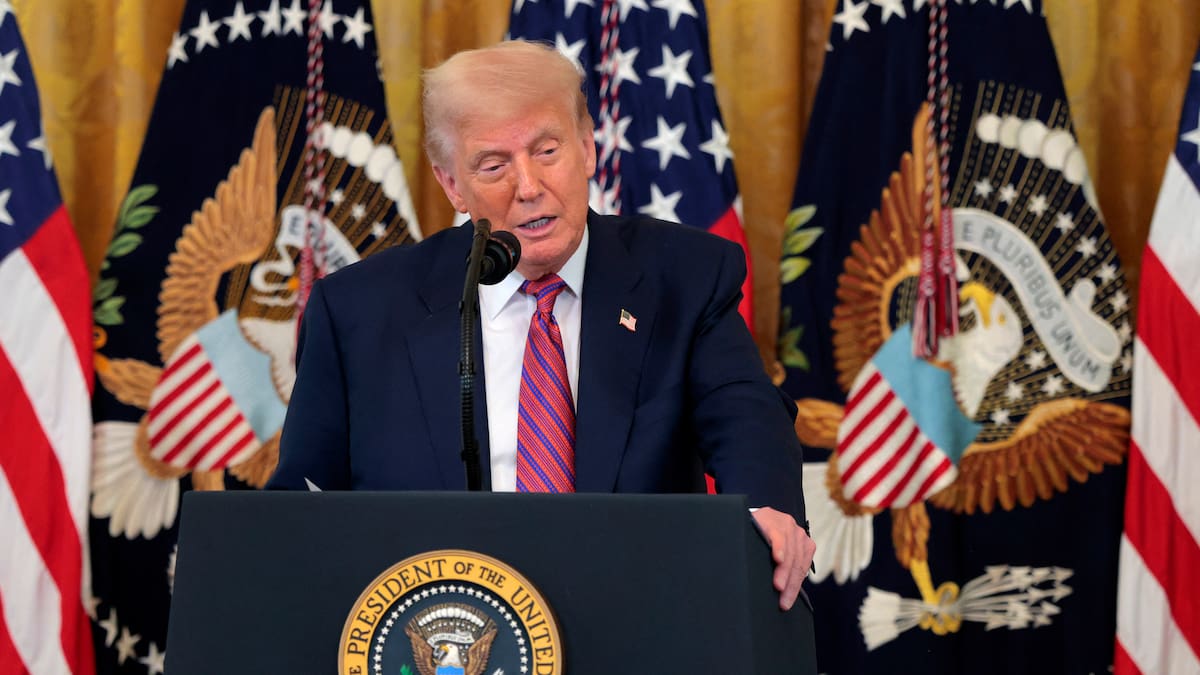US Rejects WHO Amendments: Sovereignty Concerns Drive Withdrawal

The United States has formally withdrawn from proposed amendments to the World Health Organization's (WHO) pandemic response protocols, citing concerns over national sovereignty. The decision, announced by the Trump administration, marks a significant shift in the US relationship with the global health body and raises questions about international cooperation in future health crises.
Last year, the WHO member states agreed on a series of amendments aimed at strengthening the organization's ability to rapidly respond to global health emergencies. These changes sought to improve information sharing, facilitate access for WHO investigators during outbreaks, and establish clearer guidelines for declaring public health emergencies of international concern (PHEICs). The goal was to learn lessons from the COVID-19 pandemic and ensure a more coordinated and effective global response in the future.
However, the Trump administration has voiced strong objections to several aspects of the proposed amendments. A key point of contention revolves around the perceived encroachment on US national sovereignty. Officials argue that certain provisions would grant the WHO excessive authority to dictate health policies within the United States, potentially overriding decisions made by American health experts and elected officials. Specifically, concerns were raised regarding the ability of the WHO to compel access to data and personnel during a health emergency, and the potential for the organization to influence domestic policy decisions without US consent.
“The United States cannot support amendments that undermine our sovereign control over our own public health decisions,” a senior administration official stated. “We believe these changes would create a framework where the WHO could dictate policy to the United States, and we are not willing to concede that level of authority.”
This withdrawal from the amendment process is the latest in a series of actions taken by the Trump administration that have strained relations with the WHO. Earlier this year, the US formally left the organization, citing concerns about its handling of the COVID-19 pandemic and alleged bias towards China. The decision to withdraw from the amendments further solidifies this stance and signals a reluctance to engage in multilateral efforts to address global health challenges.
The move has drawn criticism from international health experts and WHO officials, who argue that strengthened international cooperation is essential for effectively tackling future pandemics. They emphasize that the amendments were designed to enhance, not replace, national sovereignty, and that a coordinated global response is crucial for protecting public health worldwide.
“The proposed amendments were about ensuring that we can all act faster and more effectively when the next pandemic hits,” said Dr. Tedros Adhanom Ghebreyesus, Director-General of the WHO. “The United States’ withdrawal from this process is a setback for global health security and undermines our collective ability to prepare for and respond to future health emergencies.”
The future of the WHO amendments remains uncertain, but the US withdrawal casts doubt on their swift implementation. It also underscores the ongoing tensions between national sovereignty and the need for international cooperation in addressing global health threats, a debate that is likely to continue as the world grapples with the long-term consequences of the COVID-19 pandemic and prepares for what may lie ahead.






